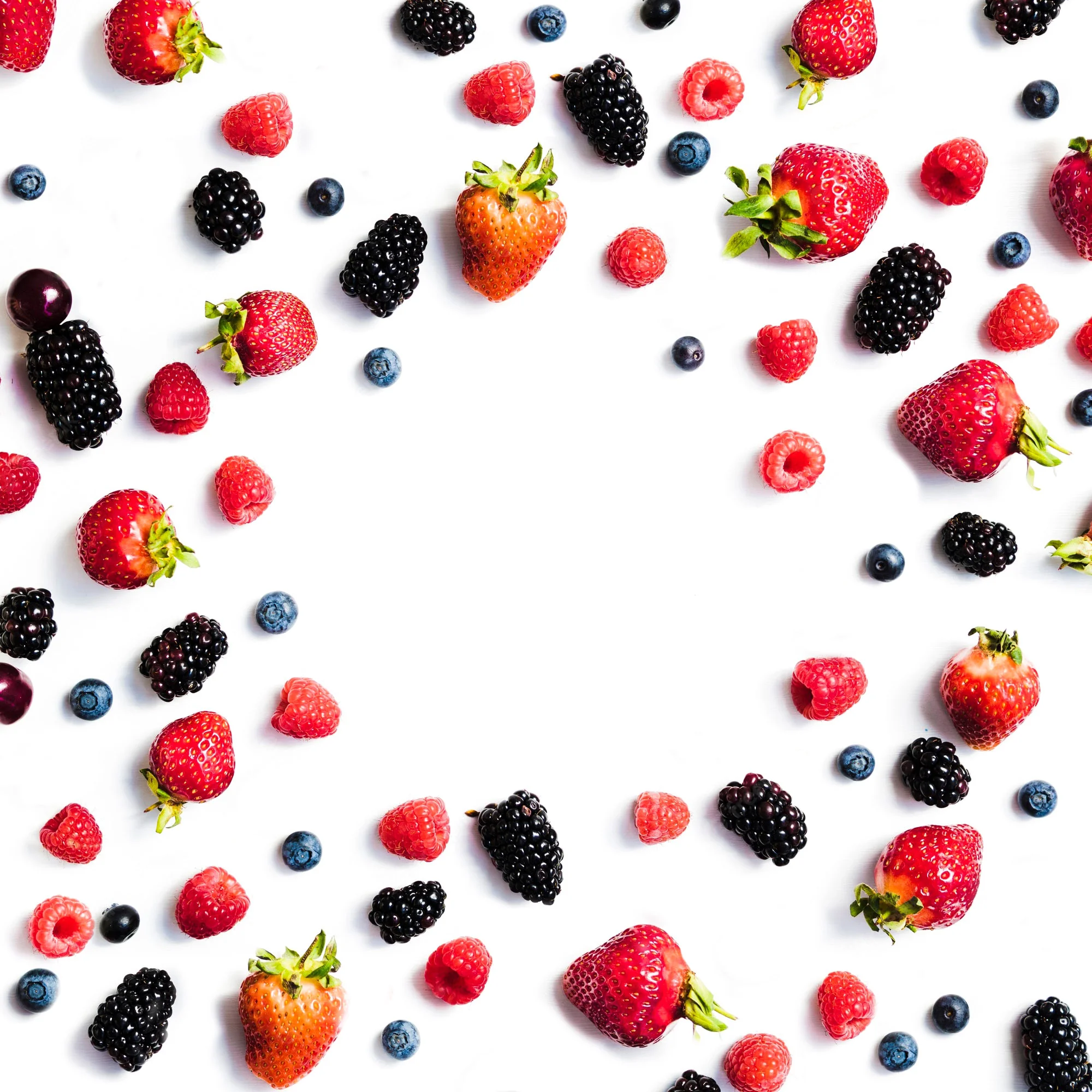Without imports Canada could run out of fresh produce in just 10 days.
The innovations generated by the Homegrown Innovation Challenge will guide the way towards reducing our over-reliance on fresh food imports.
We have the talent and the physical resources to increase food supply resiliency and to transform the way we produce food – on a national and a global scale.
You can’t grow lettuce in a snowbank.
Long Canadian winters and the high cost of production means that we import the majority of our fresh produce from other countries.
A warming planet is changing the way we grow our food.
In the face of so many challenges, Canada requires a food system that is resilient to shocks and disruptions.
The Challenge is about investing in our collaborative ecosystem of homegrown talent and creating solutions for all Canadians.
The adoption of evolving practices and technologies requires shared learning, especially in our agricultural sector where 40% of Canadian farm operators will retire by 2033.







